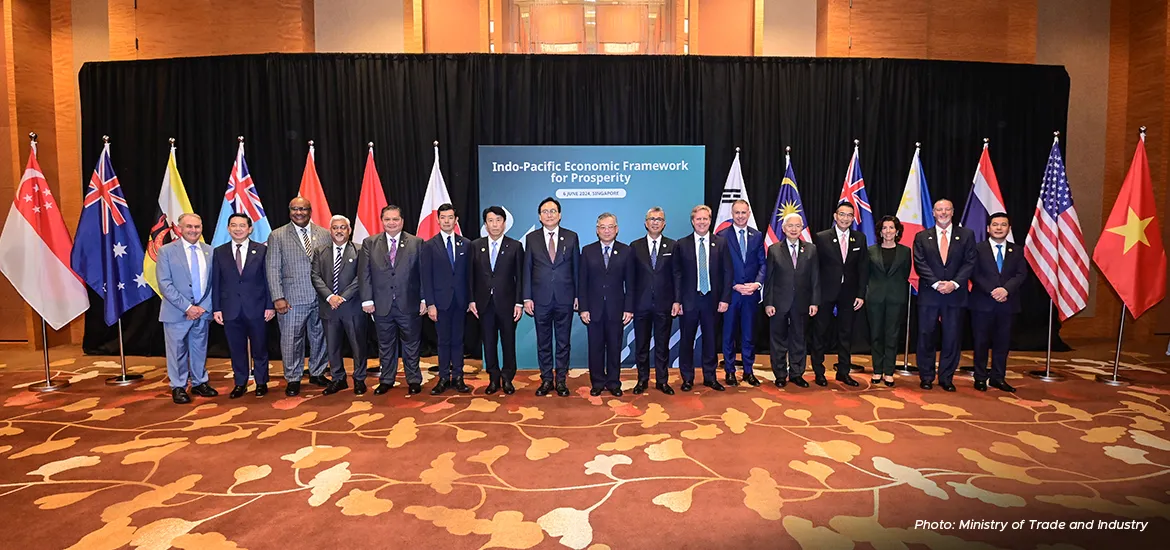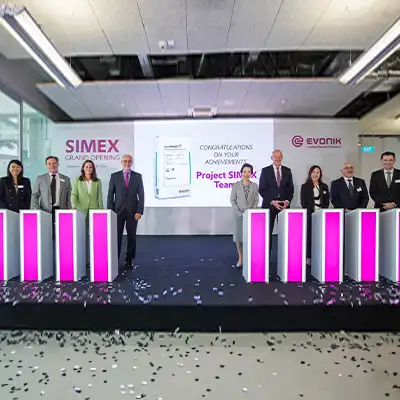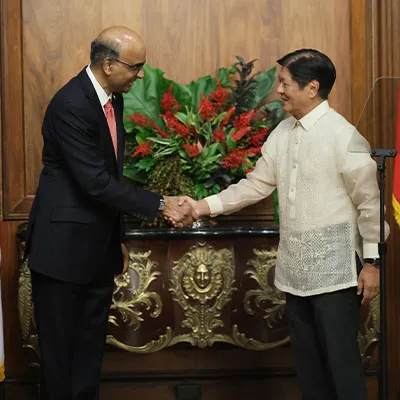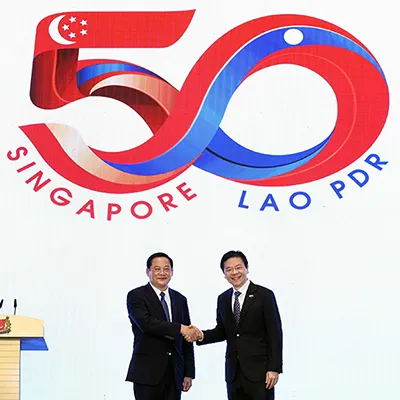The 14 participating countries of the Indo-Pacific Economic Framework for Prosperity (IPEF) inked the clean economy agreement, which contains three new work programmes, including one on small modular reactors (SMRs).
SMRs are advanced nuclear reactors that have a smaller power capacity than the traditional ones.
The work programme on SMRs intends to support partners who are looking to know more about SMRs, and potentially introduce them in their countries under the highest standards of safety, security, and safeguards if they are found to be a suitable clean energy source, said the Ministry of Trade and Industry (MTI) in a media release on Thursday (6 Jun).
For IPEF members looking to introduce SMRs in their countries, this work programme will also serve as a platform for dialogue where these countries would be assisted in developing SMR supply chains, and the necessary infrastructure and workforce needed to deploy them safely.
The other two work programmes relate to emissions intensity accounting, which will have IPEF partners share information on existing standards, reporting systems, and methodologies, as well as e-waste urban mining, where members collaborate to bring about a more sustainable e-waste management system.
These work programmes are a mechanism under the clean economy agreement for groups interested in a range of climate solutions to build and sustain long-term cooperation, with the aim of advancing the goals of the agreement.








